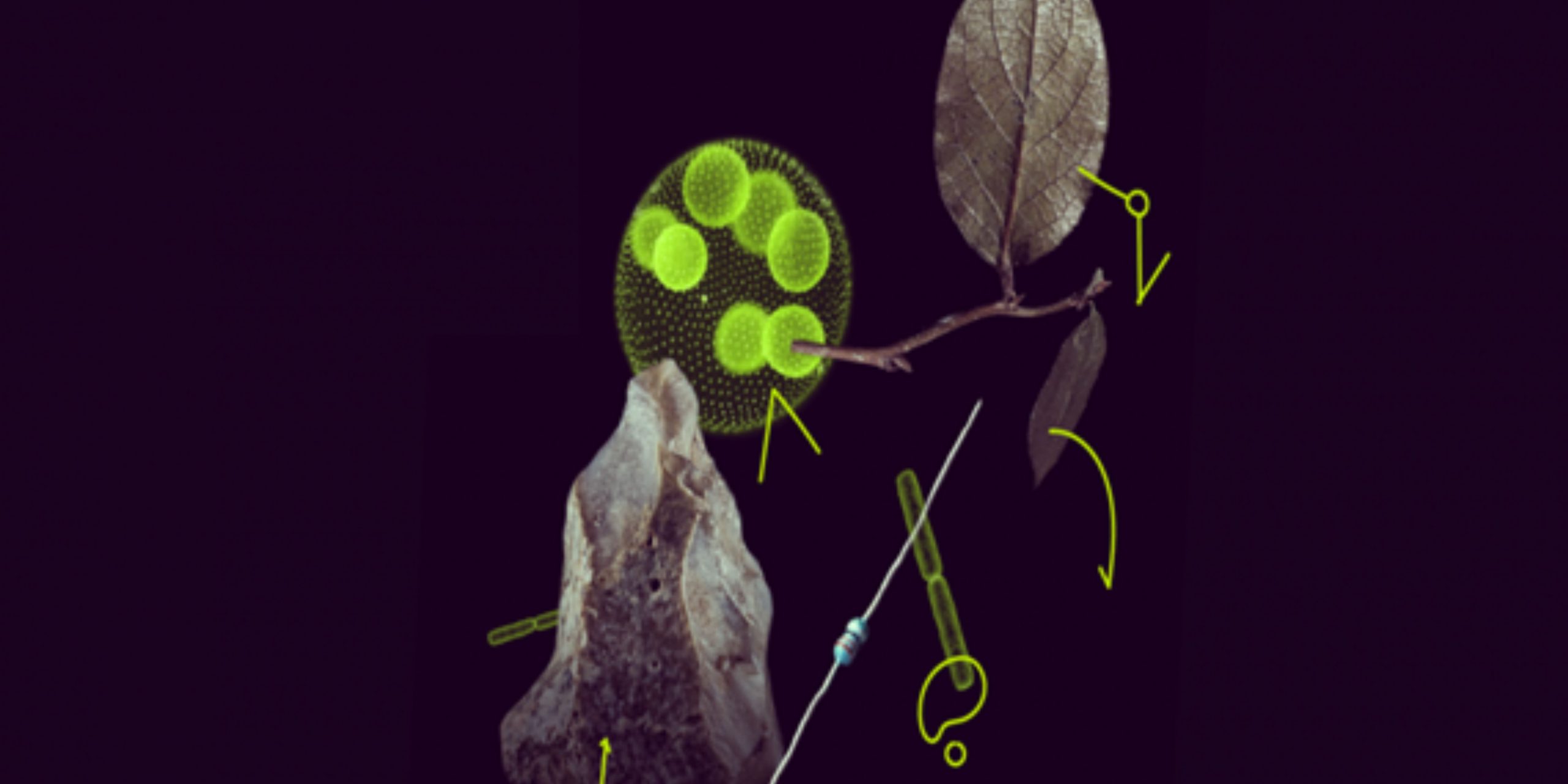These tips and tricks will help you find the best host organisation and prepare a successful proposal.
MSCA Postdoctoral Fellowships support researchers holding a PhD who wish to carry out their research activities abroad, get new skills and develop their careers in all fields of research.
They give outstanding postdoctoral researchers the possibility to work on their own projects while receiving training and supervision to enhance their skills and boost their careers.
These prestigious fellowships are also a stepping stone in researchers’ careers, as they allow them to strengthen research cooperation with leading scientific teams and figures worldwide.
If you are considering applying for Postdoctoral Fellowships, here are some useful tips and guidance to start preparing your proposal.
Step 1: Get familiar with how funding works
Have a look at the Postdoctoral Fellowships page and key resources for an introduction to the scheme’s characteristics and opportunities.
Consult the MSCA Work Programme and annexes for all details about the call conditions.
Step 2: Make sure you can apply
MSCA Postdoctoral Fellowships are open to postdoctoral researchers from all over the world, with a maximum of 8 years of research experience after their PhD.
Some exceptions and specific conditions apply, for instance for Global Postdoctoral Fellowships. Applicants will also need to comply with the MSCA mobility rule.
Have a look at the following resources to verify your eligibility
- The European Research Executive Agency(REA) publishes a series of essential resources for any applicant:
- The guide for applicants (coming soon)is the best starting point for any researcher interested in the scheme
- To check your research experience, REA has prepared a Self-assessment tool (coming soon) and guidelines on the calculation of 8-years research experience in Postdoctoral Fellowships under Horizon Europe
- The MSCA-NET project, run by MSCA National Contact Points, offers unofficial complementary resources to support applicants:
- The Funding and Tender Opportunities Portal also offers a set of Frequently Asked Questions
If you are still uncertain about your eligibility, MSCA National Contact Points can help you go through the criteria and, in some cases, do a pre-submission check of your application.
Step 3: Find a host organisation and supervisor
Organisations from all socioeconomic sectors in any country can host an MSCA postdoctoral fellow – although conditions differ for those based in third countries that are not associated to the Horizon Europe programme (see specific conditions in the MSCA Work Programme).
If you are not sure whether a country is associated to Horizon Europe, have a look at the list of participating countries to Horizon Europe.
If you do not yet have a host organisation in mind or are still looking for a secondment or a placement host, the following resources may help you find your match
- MSCA Matchmaking platform
- Euraxess hosting offers
- Funding and Tender Opportunities Portal(see “Partner Search Announcements”)
If you are looking for a non-academic host or seeking advice for research-business collaboration, reach out to the European Enterprise Network’s contact points.
Step 4: Start drafting your application
To draft a successful application, you will need to work together with your future supervisor and stick to the award criteria.
Here are some useful resources for drafting your application and understand how it will be assessed
- Award Criteria (MSCA Work Programme,95)
- Application form (coming soonon the Postdoctoral Fellowships 2023call page)
- Evaluation forms
You can also attend dedicated webinars and hands-on workshops to help you prepare your application. MSCA National Contact Points and Euraxess Worldwide organise webinars regularly. Contact them to find out the next sessions planned. Your future host organisation may also have dedicated training.
The Horizon Europe Programme Guide offers more guidance on specific aspects evaluated under the award criteria such as
- gender dimension (p. 14-18)
- dissemination and exploitation of research (p. 29-36)
- Open Science (p. 37-53)
You can also watch evaluators’ briefing videos, including on how to evaluate Open Science in Horizon Europe proposals.
Step 5: Check your application with the experts
Your supervisor and your host organisation are your first contact points, but if you want to receive feedback on your draft and get advice from former applicants and experts you can also reach out to
- the MSCA National Contact Pointin your future host country
- the Marie Curie Alumni Associationhas an active network of former awardees ready to help you in the drafting of your proposal. The association also organises regular training for future applicants
- some host organisations may also have resources to verify your application
Step 6: Submit your application
The Postdoctoral Fellowships 2023 call for applications will open on 12 April and close on 13 September 2023.
During this period, you can prepare and submit your application on the call page on the Funding and Tenders Opportunities Portal.
Source: European Commission | News (https://bit.ly/3ZB4eje)
